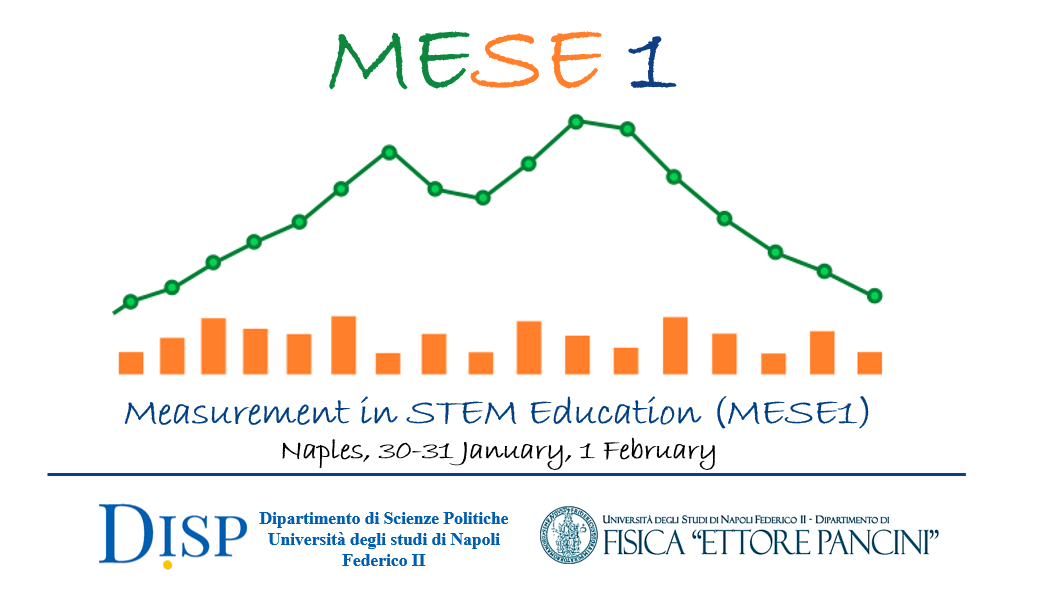Speaker
Description
The education of responsible citizens, capable of becoming active members of society, is one of the goals of the European Commission (Hazelkorn, 2015). It aims to create conditions for science education that foster students' understanding of the complexity of the world of which they are a part. Green Comp, a framework developed by the European Commission (Bianchi et al., 2022) recognizes Systems Thinking as one of twelve competencies to increase and develop the knowledge and attitudes to work, live and act in a sustainable world. Systems Thinking is, therefore, an approach that enables students, regardless of their future careers, to develop the knowledge and skills to consciously take part in local and global challenges. As part of my research project, I, therefore, administered the Systems Thinking Assessment Italia (STAI) test to students in Lower Secondary School in the Province of Trento to investigate the Systems Thinking competencies of students aged 11 to 14. The STAI test is a translation and adaptation from Greek Cypriot to Italian of the Systems Thinking Assessment (STA) test (Κωνσταντινίδη, 2015). It consists of 27 questions divided into four categories (elements in the system, interactions in the system, flows in the system, dynamics in the system). Each category is further divided into skills, the Systemic Thinker skills. The analysis covers a sample of 709 students from nine Secondary Schools (240 students in grade one, 232 students in grade two, 237 students in grade three). Rasch analysis, ANOVA on the sample, ANOVA on the test, and a frequency analysis show that the test in its entirety is appropriate for this age group but is unable to discriminate the identified categories. Students show basic Systems Thinking skills that do not improve significantly over the three-year period, confirming the lack of a program to develop these skills. This investigation is part of a doctoral project in its concluding stages entitled 'Systems Thinking in the Lower Secondary School: field survey in the Province of Trento and intervention study'.
| Research Strand | Methods and Methodological Aspects in Science Education Research |
|---|

